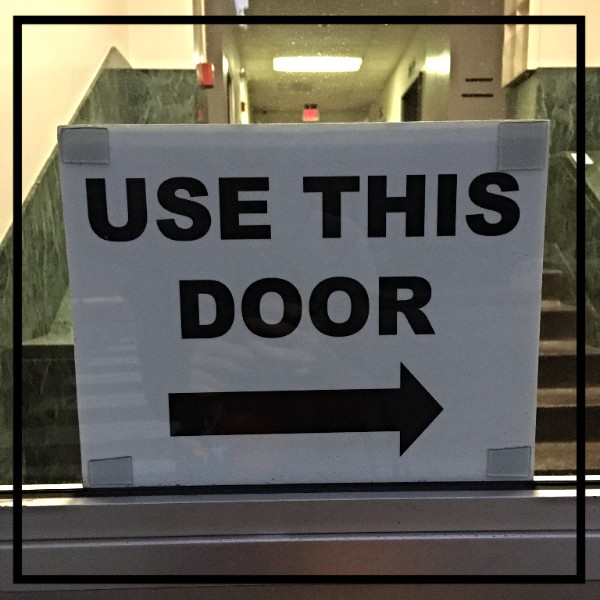I have a friend who always said to me, “Don’t tell me what to do!” And every time she said that it would give me pause as I mentally rewound the conversation to determine whether I had, in fact, just told her what to do, or whether she was being silly (again). More times than not I realized I had issued a directive, but never consciously with intent to have my own way or to be manipulative. And since my friend was so willing to call me out every single time I did so, I soon became self-aware enough to stop myself from continuing the practice.
As I work with my clients, I am not surprised to discover that many of them haven’t noticed that they are living their lives based largely on what they’ve been told to do. So many of us exert a lot of energy making small and large decisions solely to avoid hurting someone else’s feelings, or disappointing a loved one, without thoughtfully considering what we would choose if we didn’t feel guilt or obligated to continue on the path outlined.
Think about it. Have you made a decision for that reason? Have you avoided doing something, or not been entirely forthcoming, for that reason?
You’re not alone.
But just because someone who loves you had an idea about what you should be when you grew up, doesn’t mean that you shared the same vision for yourself. And how long did it take you to realize that law school, or the military, or taking over the family business wasn’t as satisfying or exhilarating or fulfilling as you thought it should be? And do you now feel stuck? Obligated to stay? Frightened about what might happen if you should switch things up a bit?
I get it. And I understand.
What would happen if you practiced saying, “Don’t tell me what to do!” to yourself, to the voice inside your head that keeps issuing directives? (And just for grins and giggles, the next time you notice that voice — also notice whose voice it is that you’re hearing. I am willing to bet it’s not your own, but someone else’s.)
What if before you make your next move on auto-pilot, you switch back to manual and check in with yourself to be sure you’re not acting simply because your next step was outlined for you.
Just because all external signs point toward one door doesn’t mean you can’t choose a different door altogether.
You tell you what to do.
Loving you,
arminda
